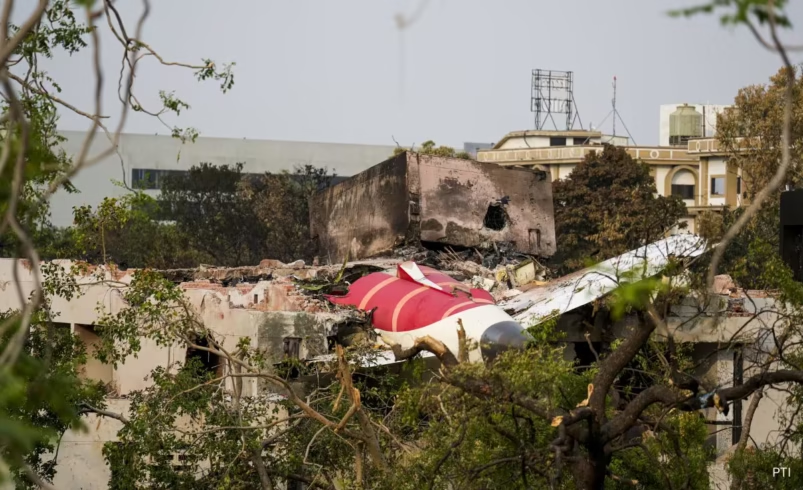Air India Crash Report to be Released This Week
- July 8, 2025
- 0

The Aircraft Accident Investigation Bureau (AAIB) is set to submit its preliminary report on the Air India Flight 171 crash to the Ministry of Civil Aviation and other relevant authorities this week. This report, based on the bureau’s initial assessment and findings, will provide crucial insights into the tragic incident that occurred shortly after takeoff from Ahmedabad’s Sardar Vallabhbhai Patel Airport.
The crash, which took place on June 12, involved an Air India plane en route to London. Tragically, the aircraft crashed within 32 seconds of takeoff, resulting in the deaths of 241 individuals on board, including 10 cabin crew members and two pilots. Among the victims was former Gujarat Chief Minister Vijay Rupani. Remarkably, only one passenger, seated in 11A, survived the disaster.
In the aftermath of the crash, investigators recovered the black boxes—comprising the cockpit voice recorder (CVR) and flight data recorder (FDR). These were found at the crash site on June 13 and June 16, respectively. The data retrieved from these devices is being meticulously analyzed to determine the sequence of events leading to the crash.
In an effort to understand potential causes, Air India training pilots conducted simulations in Mumbai using Boeing 787 aircraft. They attempted to recreate scenarios involving electrical failures that might lead to a dual-engine flame-out, which could prevent the aircraft from gaining altitude post-takeoff. Despite their efforts, these simulations did not yield conclusive results.
Investigators are also examining trim sheet data from AI-171, which records an aircraft’s weight and balance for safe operation. Additionally, they are scrutinizing the position of fuel switches during the flight to ascertain if any were inadvertently turned off by pilots during critical moments.
The report’s release is highly anticipated as it is expected to shed light on whether a dual-engine failure contributed to the crash. Notably, pilots operating Air India’s Boeing 787 fleet are not trained for dual-engine failures at altitudes below 400 feet, as was the case with AI-171.